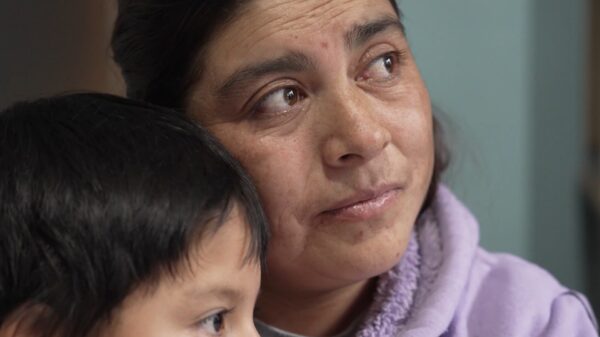A comprehensive analysis by researchers from the Bandim Health Project reveals that vaccines do not exhibit non-specific effects, meaning they do not provide protection against diseases beyond their intended targets. This conclusion stems from over three decades of randomized trials involving thousands of children in both Guinea-Bissau and Denmark.
Christine Stabell Benn and Peter Aaby, the lead researchers, focused on understanding whether vaccines could potentially guard against various illnesses aside from the specific diseases they are designed to prevent. The trials included substantial populations, allowing for a robust examination of vaccine efficacy.
The study’s findings indicate that the vaccines tested did not demonstrate any significant non-specific benefits. This outcome contrasts with previous hypotheses suggesting that certain vaccines might enhance immunity against unrelated infections. The research encompassed a variety of vaccine types and their potential broader immunological impacts.
In Guinea-Bissau, where the health landscape is shaped by a high burden of infectious diseases, the implications of this research are particularly pertinent. Many children receive multiple vaccinations, raising questions about the overall effectiveness of these immunizations. The trials aimed to clarify whether the benefits of vaccination extend beyond preventing specific diseases.
In Denmark, the trials provided a comparison against a backdrop of a different healthcare system and vaccination schedule. This dual-country approach enriched the research, allowing for an assessment of both environmental and genetic factors influencing vaccine response.
The Bandim Health Project has been pivotal in advancing our understanding of vaccines in low-resource settings. Over the years, it has conducted numerous studies that have shaped global vaccination strategies and health policies. The results of these recent trials will likely provoke discussions among health professionals regarding vaccine development and public health messaging.
The conclusions drawn from these trials add complexity to the ongoing dialogue about vaccine efficacy. While vaccines remain crucial tools in preventing specific diseases, the absence of non-specific effects may influence future research directions and public health strategies.
As vaccinations continue to play a critical role in global health, understanding their limitations is essential. This research emphasizes the importance of evidence-based practices in vaccination programs and highlights the need for continued investigation into the broader impacts of immunizations on child health.
In light of this study, health authorities worldwide may need to reassess the messaging around vaccines and their benefits. Moving forward, the focus may shift toward enhancing the specific protective capabilities of vaccines rather than relying on the assumption of broader immunological benefits.







































































